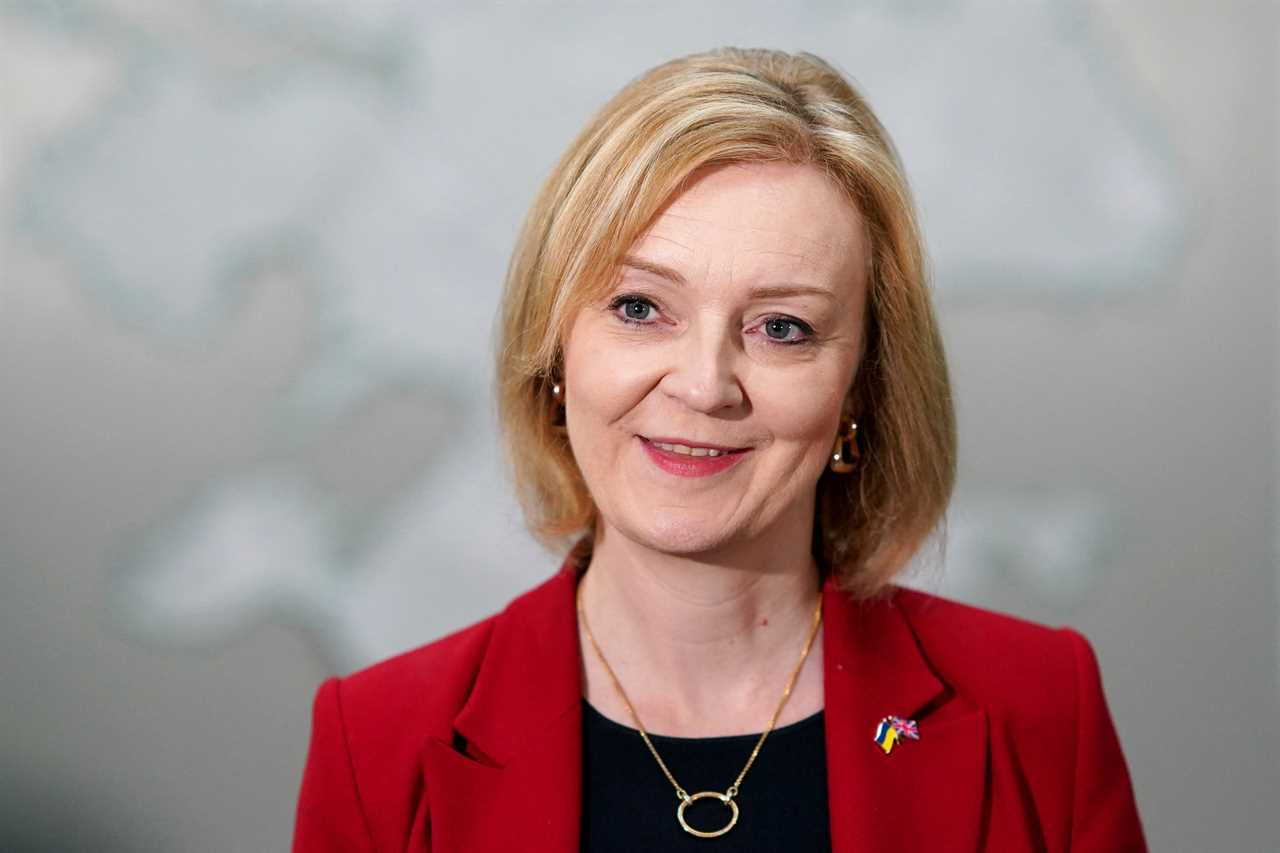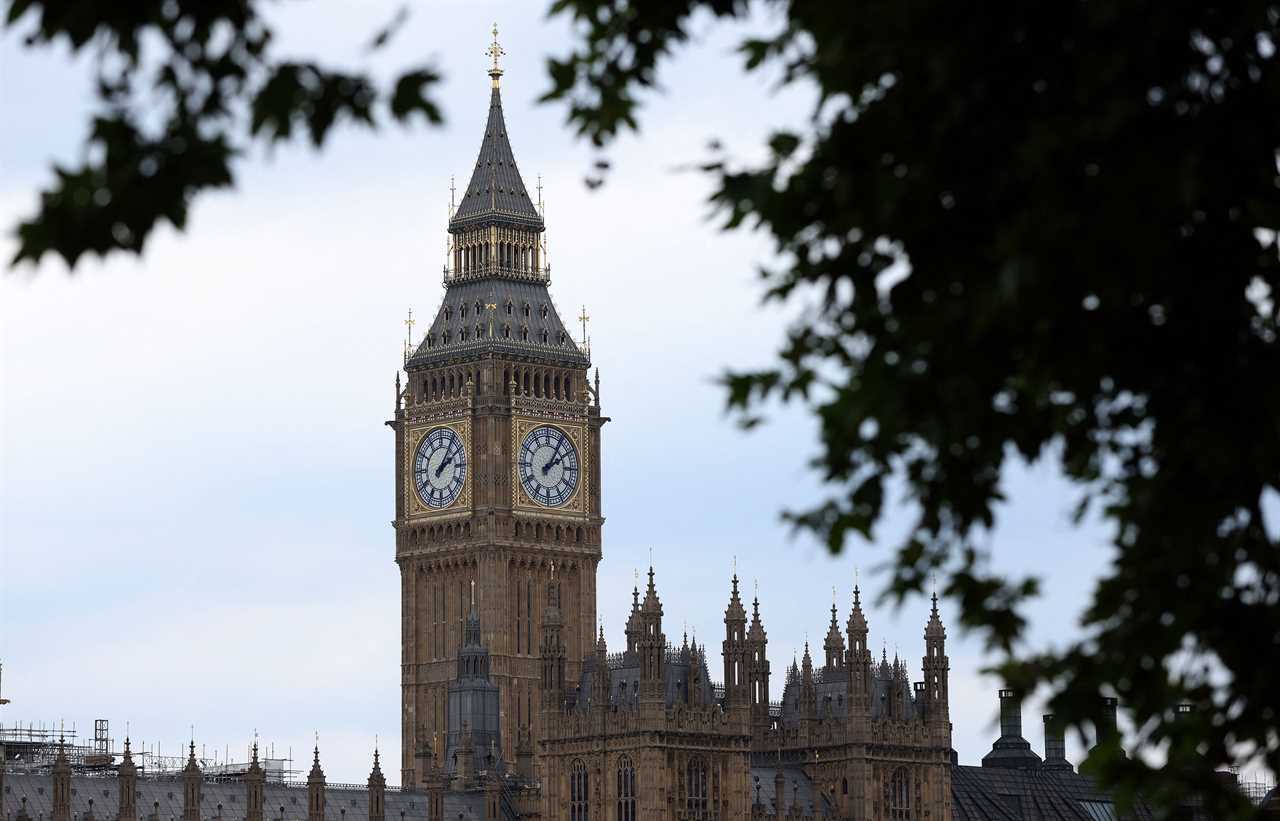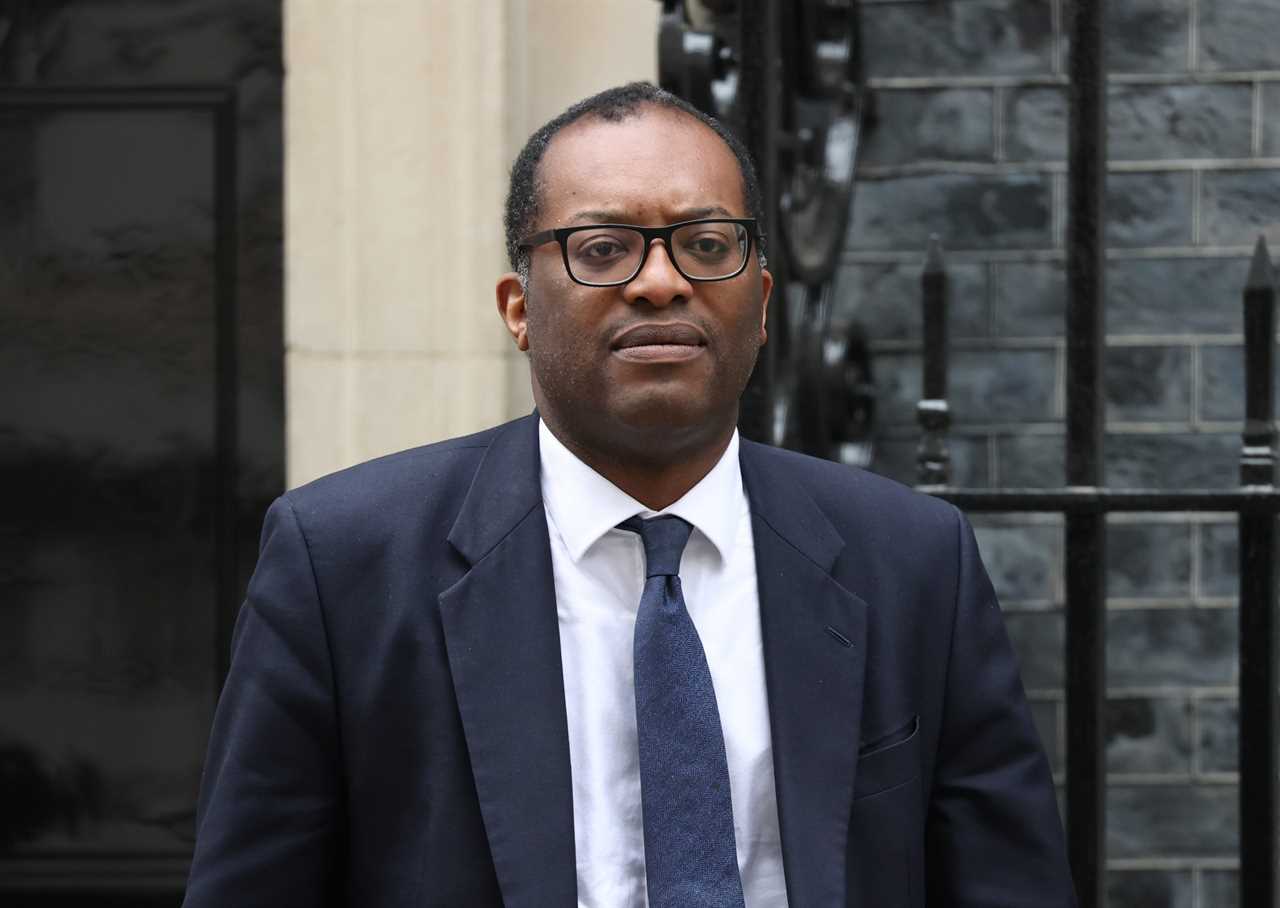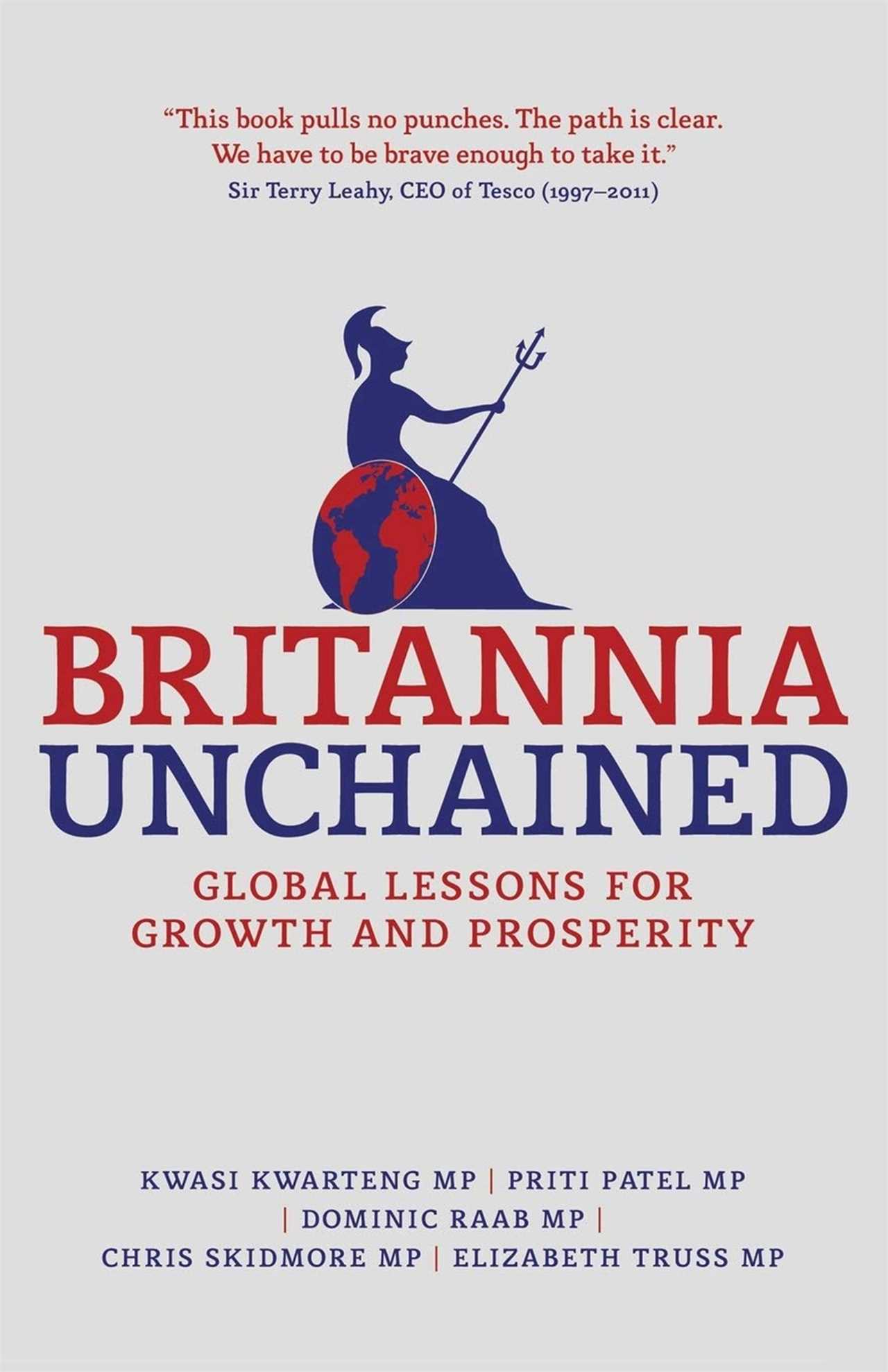LIZ Truss will swing the axe on higher taxes and drive a skills revolution for youngsters if she gets the keys to Number 10, she reveals today.
The Tory leadership front-runner has outlined her vision to champion enterprise, tackle the cost of living crisis and keep the country safe.

If she becomes PM, Liz Truss will swing the axe on higher taxes and drive a skills revolution for youngsters

The bookies’ favourite has outlined her vision to champion enterprise and reduce the cost of living crisis
The bookies’ favourite for PM vows to slash red tape to invite more investment and also allow the country to take advantage of Brexit freedoms.
Writing exclusively in Trending In The News on Sunday, she says: “Hard-working families see the cost of everyday essentials rising, petrol prices rocketing, and energy bills going through the roof — while tax is at the highest level in 70 years.”
“Things must change, and they will change. Under my leadership, we will have no more ‘business-as-usual’.
“I will get cracking with a bold new plan to put money back in people’s pockets and get our economy going.
“As Conservatives, we should know that you can’t tax your way to higher growth.
“So I will cut taxes, including National Insurance, and free people to spend more of their hard-earned cash.”
The Foreign Secretary also says she has seen kids being let down and wants to be PM to ensure “everyone in our great country has the same opportunity to succeed”.
Vowing to drive up education and skills standards, she says: “We need to stop the rot of a lack of aspiration and opportunity.
“So I will bring back rigorous standards in literacy and numeracy.
“And I will reform admissions so bright state school kids can go to top universities.
“No child should be let down, like I saw all those years ago.”
Her comments echo the vision outlined in the book Britannia Unchained: Global Lessons for Growth and Prosperity, which she wrote with fellow Tory MPs.
A co-author was one of her biggest supporters — Kwasi Kwarteng who is in line to be her Chancellor if she wins the contest.
Her unflinching philosophy on how she is set to run the country and make it more competitive is today laid bare as she competes with Rishi Sunak.
The book hails how ex-PM Margaret Thatcher’s reforms may have allowed Britain to “turn its back” on slow post-war decline.
Ms Truss and her co-authors state: “That success is now in danger of seeming more a blip than a trend.
“A legacy of a bloated state, high taxes and excessive regulation threatens to take the drive out of the British economy.”
The document was published when she first became an MP also with the help of now Deputy PM Dominic Raab, Home Secretary Priti Patel and ex-minister Chris Skidmore.
The five MPs set out how “enterprise zones” would stop business being hindered.
They say: “Incentives such as freedom from corporate and personal taxes are available for businesses in the short term and can be renewed if necessary. Regulation is kept to a minimum.”

Ally Kwasi Kwarteng is in line to be Chancellor if Truss wins the contest

Truss’s vision was outlined in the book Britannia Unchained, which she wrote with fellow Tory MPs
Pointing to the success of the scheme in Dubai, they hail the diversity of international business going to the region.
During her leadership campaign, Ms Truss has backed the idea saying she will rip up the current government proposals — backed by Rishi Sunak.
She said this week that she will be “laser-focused on turbo-charging business investment” to deliver investment and economic growth.
Ms Truss was questioned about the book this week on the BBC’s leadership debate.
The book also accused Brits of being “among the worst idlers in the world” — declaring too many “prefer a lie-in to hard work”. She told viewers Mr Raab wrote that section.
But the MPs also recognise that the state and businesses must both play their part in creating conditions for growth.
Rip up current government proposals
Driving up skills is a focal point of the 152-page work, saying the issue is “inalterably-linked” to long-term growth.
They write: “So how do countries enhance them? The answer is partly through the study of the key tech subjects of engineering, maths and computer sciences.
“And quality out-performs quantity almost every time, when it comes to maximising impact.
“Five years of high-quality maths education will trump seven low-grade ones.
“While improving these skills helps growth, they can’t be restricted to the few.”
Her pitch also focuses on the “fear of failure” across the country that is blighting its chances of success.
The MPs add: “Countries that are more confident in turn take more risks, make more investments, discover more inventions and are more respected on the world state.
They look to compete with the best in the world, rather than give in to internal squabbling or defeatism.
“Perhaps the greatest achievement of Thatcher’s administration was less taking on the unions or liberalising the economy, but making Britain believe in itself again.”
The book, written in 2012, says the country is becoming more risk-averse but the spirit of entrepreneurism lives on.
It adds: “Britain will never be as big as China or Brazil, but we can look forward to a new generation, ready to get to work.”






